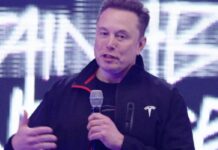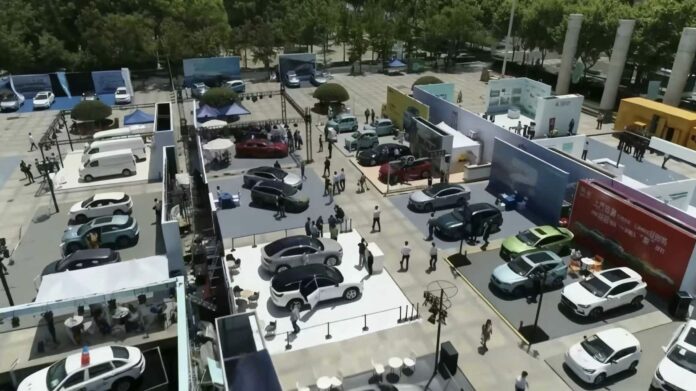Dealerships across China are buzzing with unprecedented activity as buyers scramble to take advantage of a rapidly approaching policy shift that will significantly reduce tax benefits for electric vehicles (EVs).
Starting January 1, 2026, the full purchase tax exemption currently enjoyed by qualifying passenger EVs will be halved. Instead of a waiver worth up to 30,000 yuan ($4,200), buyers will only receive a deduction capped at 15,000 yuan ($2,100). This change coincides with the traditional year-end sales period, creating a frenzied pre-policy buying spree.
According to reports from Sina Finance, some dealerships are experiencing order volumes nearly 60% higher than typical monthly levels. The China Automobile Dealers Association attributes this surge not just to immediate financial incentives but also to a deliberate message being sent by Beijing. The policy adjustment signals a strategic shift away from fostering the EV market through purely price-driven competition towards emphasizing value and quality.
Raising the Bar for Electric
Beyond simply reducing tax breaks, China is tightening the eligibility criteria for EVs seeking these benefits. In October 2025, the Ministry of Industry and Information Technology, Ministry of Finance, and State Administration of Taxation jointly raised the bar. For instance, plug-in hybrids and range-extended passenger cars must now achieve a minimum pure-electric driving range of at least 100 km to qualify. This measure is aimed at filtering out lower-spec models and encouraging the adoption of more advanced electric technologies.
To smooth this transition for consumers, numerous automakers have launched “tax-difference guarantee” programs. These programs protect buyers who purchase EVs before November 2025 but receive their vehicles in 2026 by covering the difference in tax benefits they will experience under the new policy framework.
The upcoming changes suggest a two-pronged impact: a likely spike in sales through the end of 2025 followed by a potential slowdown in early 2026 as buyers adjust to the reduced incentive. While China’s EV market penetration already surpasses 45% of all new car sales, continued growth may increasingly rely on technological innovation and compelling model offerings rather than solely relying on financial incentives.
The phasing out of full purchase-tax exemptions marks a significant turning point for the world’s largest EV market. It underscores a move towards greater sustainability within the industry, encourages higher quality EVs, and gradually reduces reliance on subsidies to drive adoption.































































